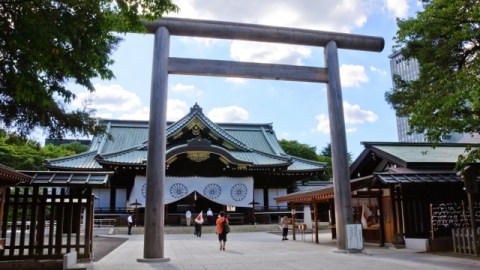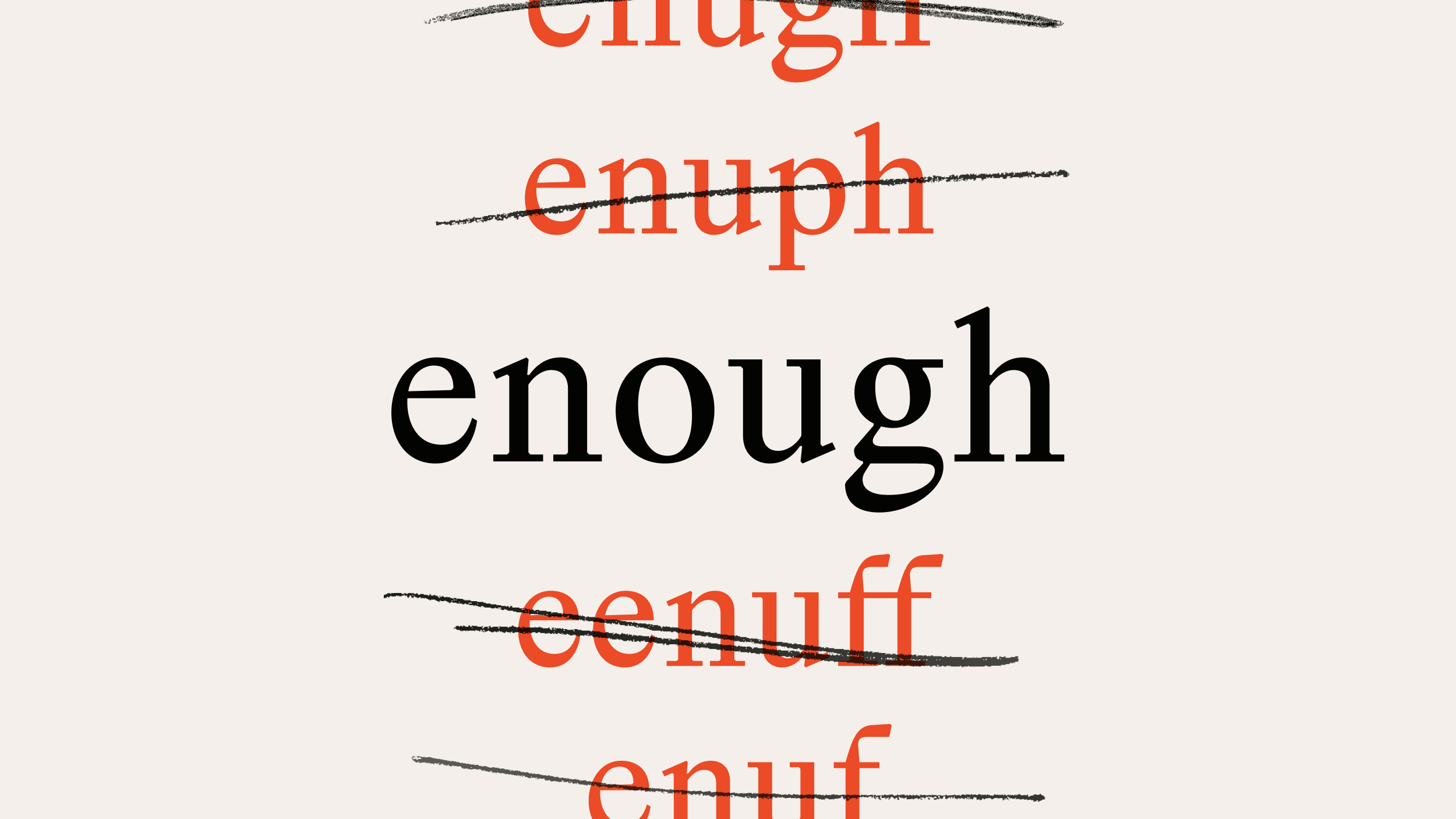Trouble at Yasukuni Shrine

Spirit worship and possible side-effects
TOKYO AND BEIJING – Shinzo Abe, Prime Minister of Japan, shocked East Asia by visiting the controversial Yasukuni war shrine which hosts about 2.4 million kami or “spirits,” among them a dozen Class-A war criminals such as former wartime Prime Minister General Hideki Tojo.
The visit took place on Dec 26 when the West was at Christmas and China celebrated the 120th anniversary of the birth of its founding father Mao Zedong. Mr. Abe chose that day to pay his respects and pray for the souls of the enshrined countrymen who had fought for Imperial Japan and died for its cause. His statement for peace can be studied at The Japan Times.
History as we see it
Beijing and Tokyo both interpret parts of 20th Century history differently, and both powers frequently remove unfavorable historical details from their nation’s school textbooks. In Beijing’s case, the human losses during Mao’s Cultural Revolution in the 60s and 70s or the Tiananmen incident in 1989 come to mind. In Tokyo’s case, the government is downplaying Imperial Japan’s role as aggressor during WWII, in particular the Nanjing massacre and the systematic exploitation of ‘comfort women’ (mostly from Korea).
Unlike post-war Germany’s ‘Historikerstreit’, Japan didn’t experience a thorough discourse about its war crimes, including their comparability with the crimes of Nazi Germany and the Soviet Union. Beijing naturally wants to exploit this situation and tries to manipulate Tokyo’s top politicians. Hence the intimidation of prime ministers who plan to visit the Yasukuni (Junichiro Koizumi, unimpressed, visited the shrine six times as prime minister, from 2001 to 2006, despite Beijing’s protest).
All kami (spirits) are equal
In Shinto tradition, kami are treated egalitarian. Their previous lives and deeds are nonrelevant. China and South Korea have no kami and interpret things differently: The Asian neighbors are shaken, vexed, perplexed, and, in the case of Beijing, fuming with rage at Sinzo Abe’s alleged tactlessness and insensitivity (towards the victims of Japan’s war crimes before and during World War II) at a time when Japanese warships, a Chinese aircraft carrier, missile boats, and US B-52 bombers are patrolling up and down and around the disputed Senkaku (in Chinese “Diaoyu”) islands in the South China seas.
Reading China’s state media’s responses today was no pleasant experience. A frontpage editorial in the Global Times wants Abe “blacklisted” and “kneeling-down statures of Japanese war criminals” being erected. China Daily featured a piece by Chinese State Councilor Yang Jiechi who demands Abe’s admission of guilt, otherwise he’d “end up being an out-and-out loser in history.”
Whatever Abe’s New Year’s resolutions are, if there are more unnecessary provocations, so some commentators argue, he might lose his popularity in Beijing, Seoul, and even Washington (which on Thursday evening already expressed its “disappointment” about Abe’s move that “will exacerbate tensions with Japan’s neighbors”). Needless to say, China’s permanent anti-Japanese propaganda, bullying, and threats of retaliation are over-the-top and offer little diplomatic tact either.
New Year resolutions
The 195+ countries and regions of the world are now preparing for the turn of the year and as we are celebrating our shared values (and shelve our differences) and as people of all faiths are praying for peace there’s perhaps one token of wisdom that is immediately understood and which translates well, I think, into all cultures. It goes “Love your enemy.”
Image credit: Scirocco340/Shutterstock.com





